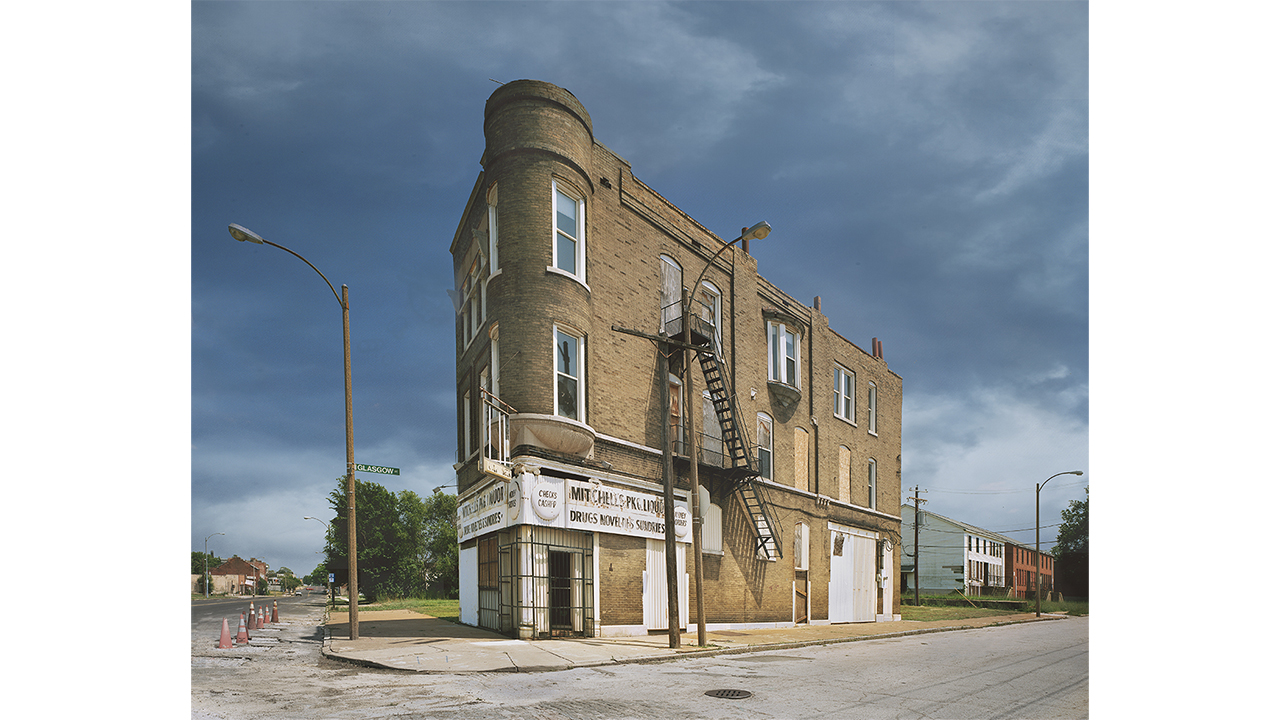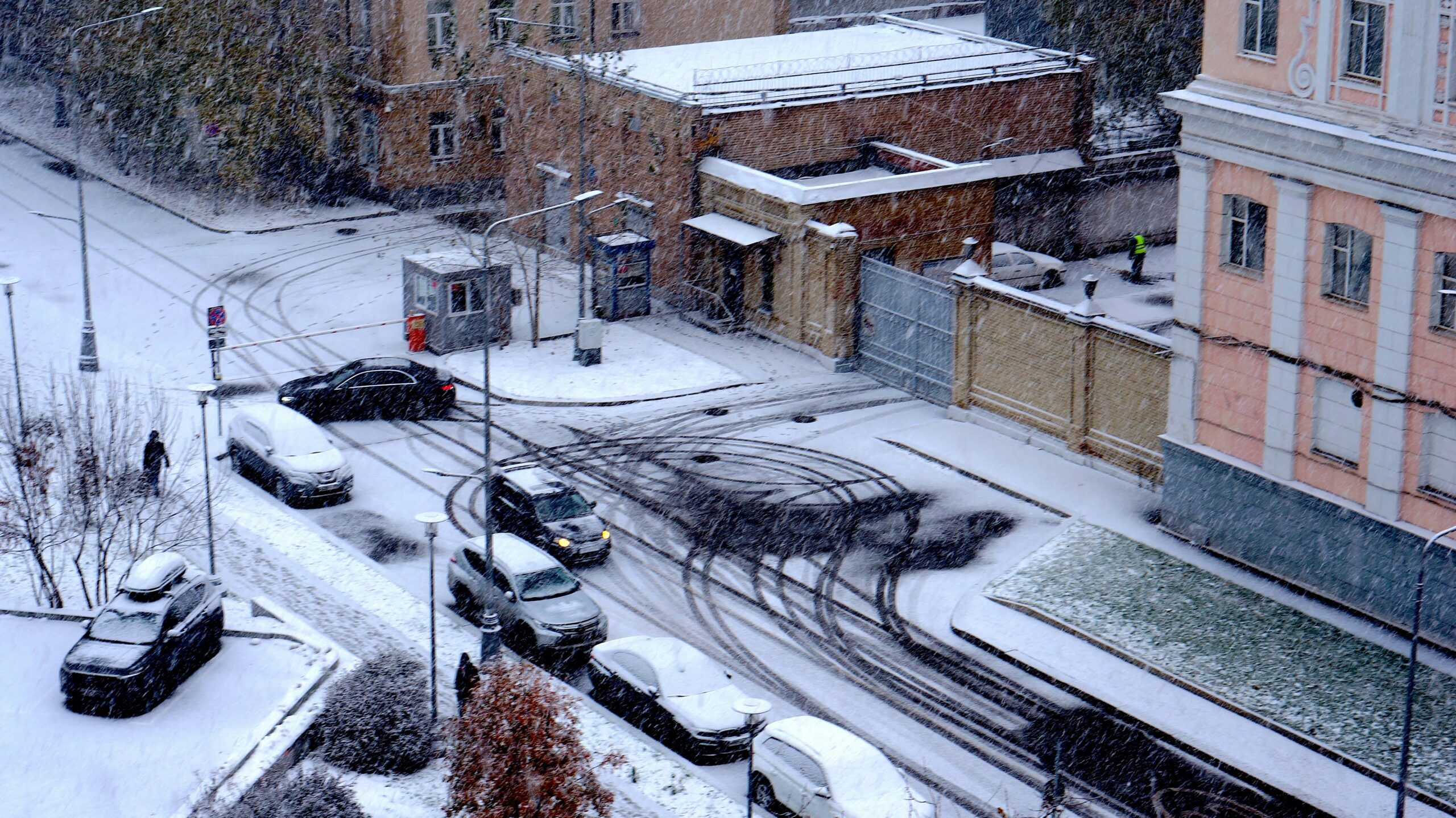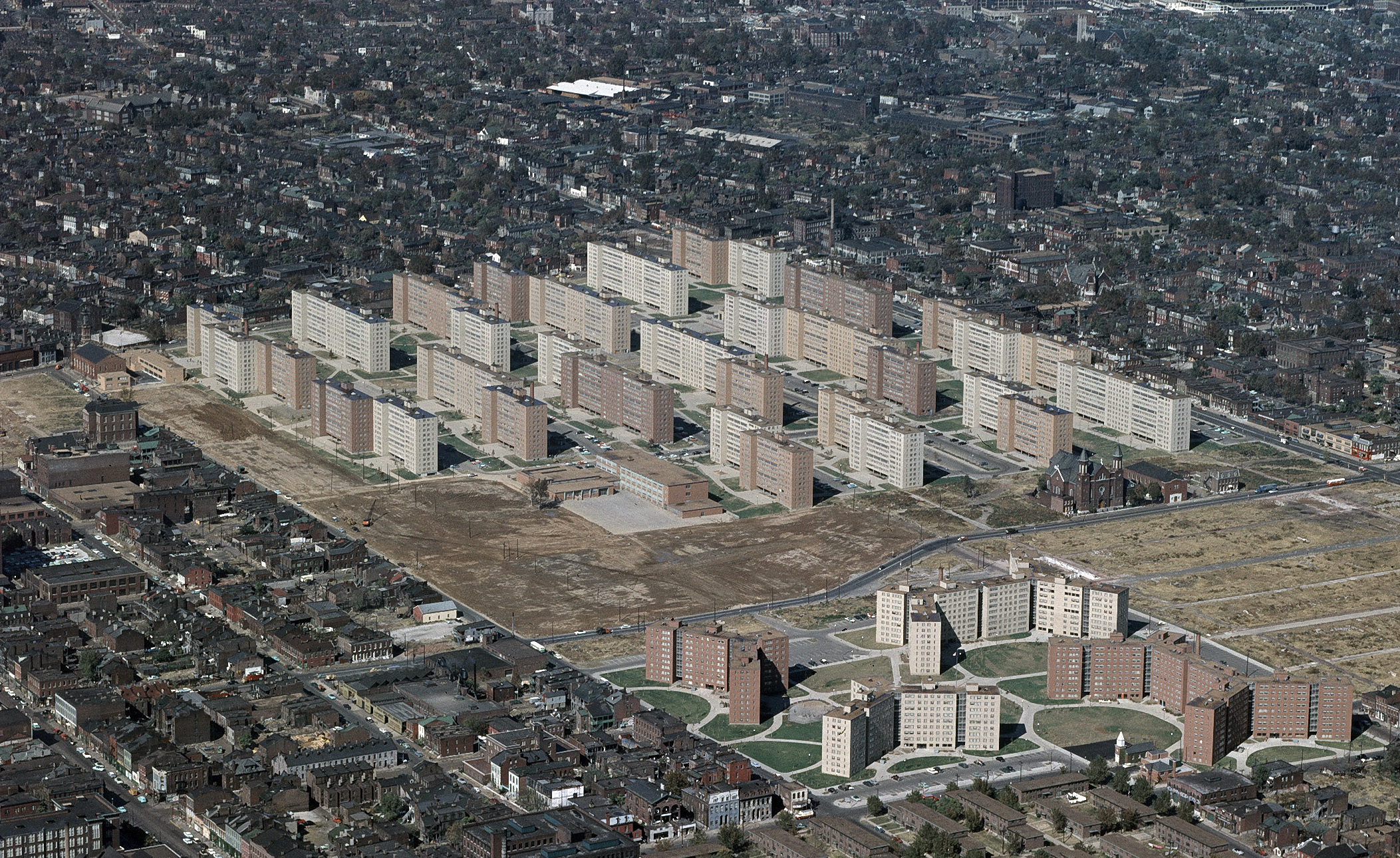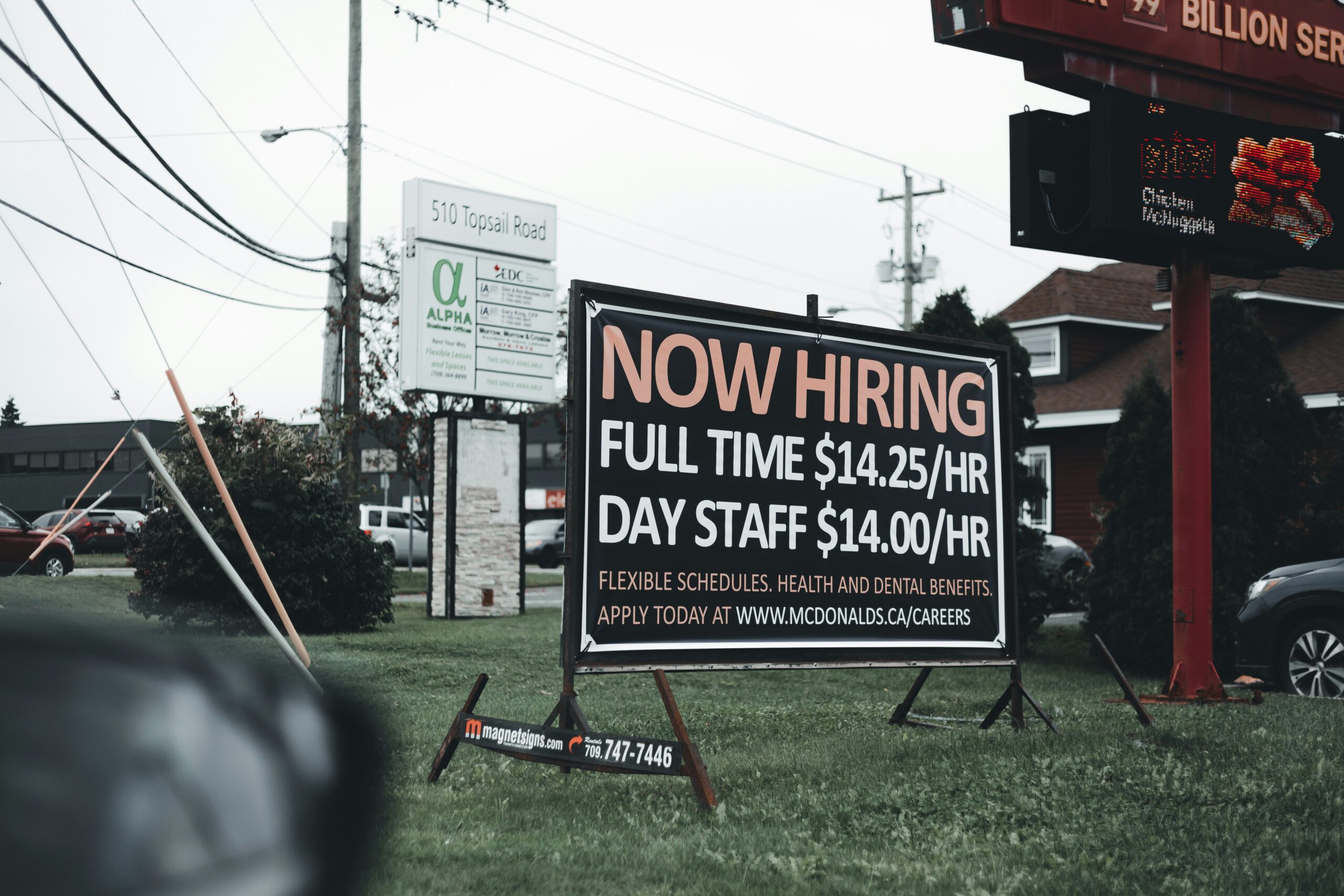Policing Past Body, Mind and Heart
October 28, 2015

It is possible that I am the only person I know in the Washington University community who knows Ferguson moderately well. By that I mean, I knew it before Michael Brown, and I came to “reknow” it after. I toasted craft beers at its brewery, purchased late-night munchies at its Schnucks, navigated its rows of humble ranch houses, visited one of its spiffier enclaves. Ferguson was a close acquaintance—not a friend I loved, but the type of person one invites to a festive seasonal party. It was easy to appreciate how unremarkable it was, until of course, in history’s grip, it became so remarkable.
For all the years I’ve spent mentoring in North St. Louis neighborhoods, most of which certainly have suffered years, if not decades, of structural neglect and decay, Ferguson is perhaps the last place I’d think of as some treacherous place one detachedly views on cable, some archetype of crime, some symbol of collapse.
Because it has not collapsed, and indeed, had it collapsed, it is highly unlikely that any kind of public insurrection could have flourished at its epicenter.
Offered a preview of nationally-profiled theatre project responding to Ferguson, Mike Brown, and #blacklivesmatter, I traveled a now familiar route up north from the Forest-Park DeBaliviere region. The project—titled Every 28 Hours, in honor of the controversial statistic that every 28 hours a black citizen of our country is killed by a police officer—attracted playwrights and directors from both coasts to gather in the Ferguson area for a week-long residency. In collaboration with local talent, visiting artists engaged the St. Louis community to compose, rehearse, and perform between 60 to 90 one-minute plays tackling issues of social justice.
The national premiere of Every 28 Hours took place at Dellwood Community Center, a modest but lively facility, but blocks from the tumult West Florissant witnessed last year at this time. I’d been to the center in August to learn about Artists as Tutors, an after-school program founded by Shanara Gabrielle and directed by Darian Wigfall, and was eager to see how the space would accommodate such an ambitious performance piece. Adjacent to Ferguson (population approx. 21,000), Dellwood itself is a different city in north St. Louis County, with its own police force and a population of about 5,000. That said, all marketing material, including my own, took liberties with this distinction, knowing that to the vast majority of readers, the difference was immaterial. It sounded better to say that Every 28 Hours would debut in the town many consider the provenance of the #blacklivesmatter movement. That said, given that so many problems in St. Louis have been linked to the sharp divide between city and county, the latter zealously divided into ninety municipalities, the fact that Ferguson is not Dellwood is not Ferguson seems more than a technicality.
Driving up Kienlen past its light industrial lots; down Martin Luther King and its abandoned factories and chop suey joints; down Lucas & Hunt past Normandy High School, its football field flags repeating “SUCCESS!”; past St. Peter’s Cemetery, its rolling hills, calendar-ready foliage, old stone wall; past Norwood Country Club, where I worked as a server the summer of ’96, learned how to pour water from a glass pitcher so that the ice fell into tumblers at the correct ratio; the drive from Delmar to Dellwood, toward Ferguson, is not through blocks of destitute housing, but through neighborhoods common, and uncommon, across the Midwest—quiet ranch houses with smallish mown lawns, a box-store plaza with a US Bank, an anomalous gated mansion community that at some point wasn’t anomalous.
From its LED display marquee, Dellwood Community Center advertises “Senior Night for 60+” every first Tuesday, has an empty pool outside, and a packed parking lot. In the recreation area, the place is filled with people of every age, dress, and color, sitting at wooden benches or standing at the margins. I stand in the back next to old-school video game and a dispenser of temporary tattoos (one of black-light butterflies, which I felt would be worth half a dollar to try sometime).
For a bit over an hour, visiting and local performers present one-minute plays on a panoply of hot-button topics, all in some way related to race, but not all related to the St. Louis region. In one, performers perform a clock out of their bodies, which is then mistaken for a “glock,” and the proclamation, “I am not a terrorist.” In another, the dehumanizing nature of statistics is lampooned as a prim white woman announces that “every ____ blank seconds, a black person _____,” such as “eating a burrito.” In the finale, a list of names is recited on end of the black victims of police shootings. The list seems long, but of course, it is actually quite abridged.
After, everyone stands and claps. Some are weeping; many hug. We are asked to take a marker and record a thought or sentiment onto sheets of white paper taped behind the makeshift stage. Some write “Amen!”, “Thank you!” or “I’m sorry.” I write “Silence=Complicity” in grade-school cursive, then head out to my car to head back south.





